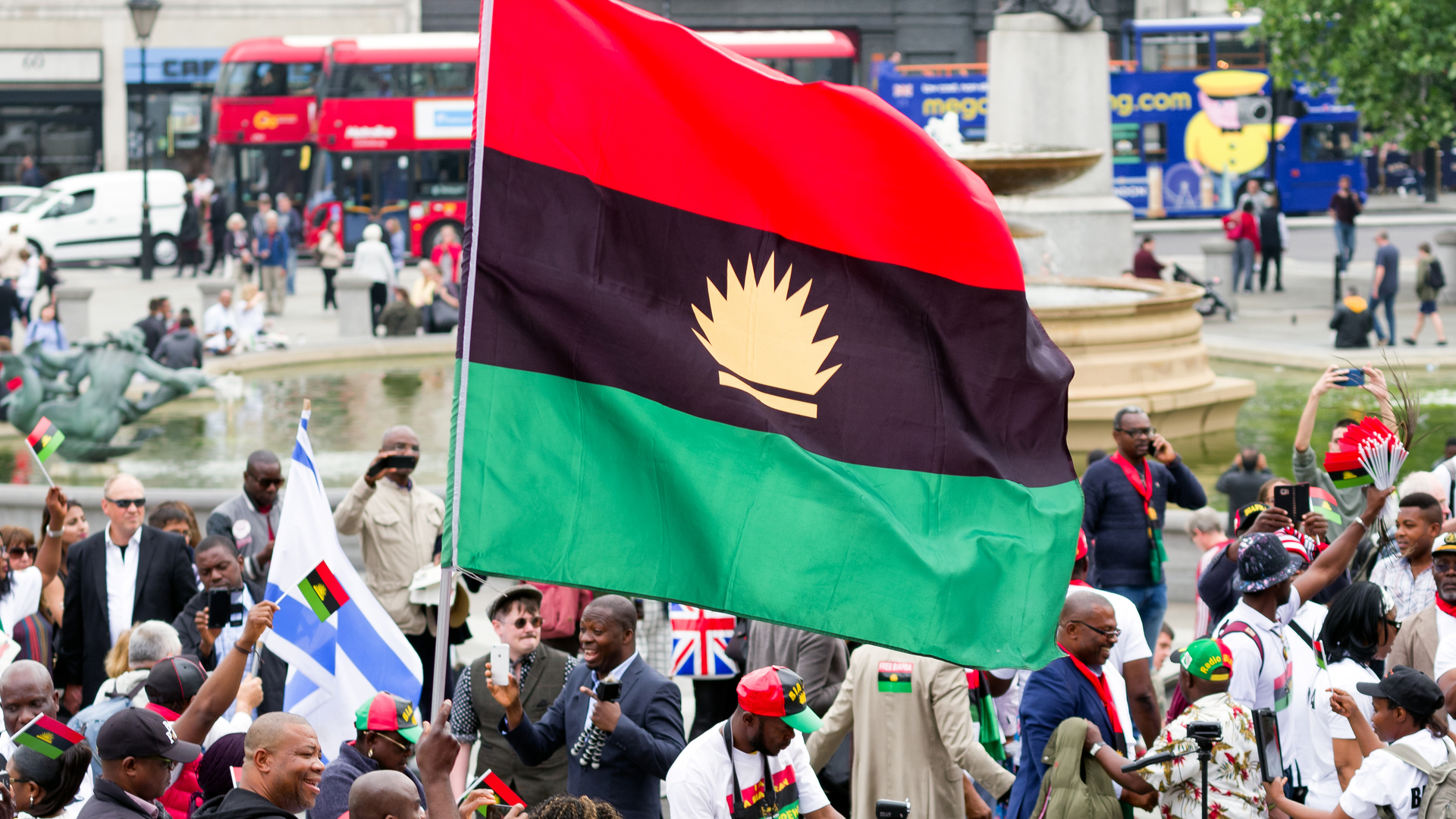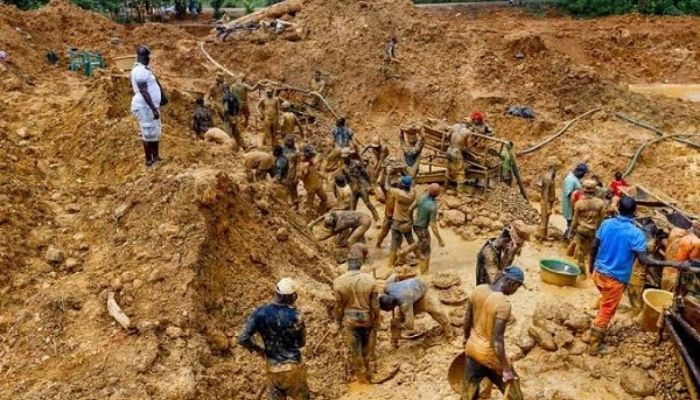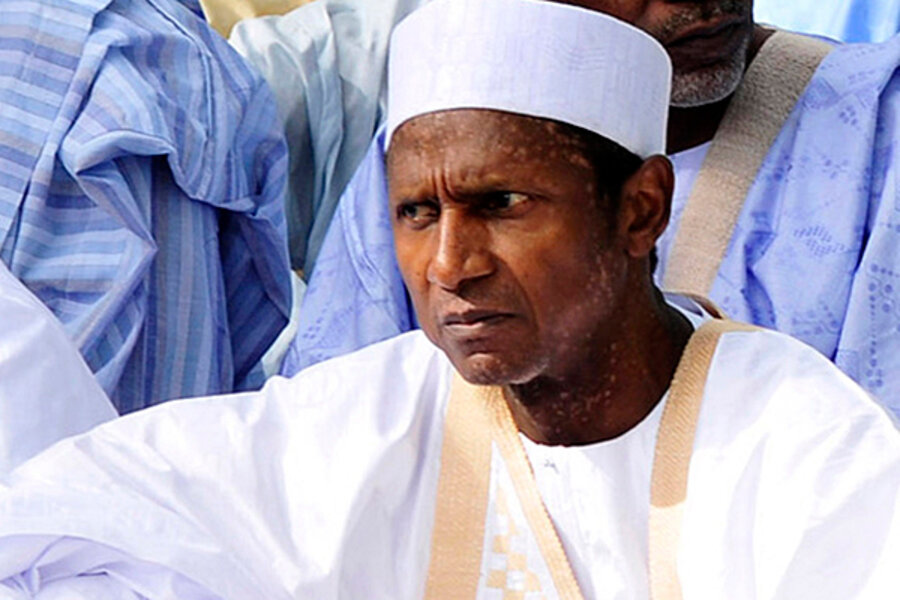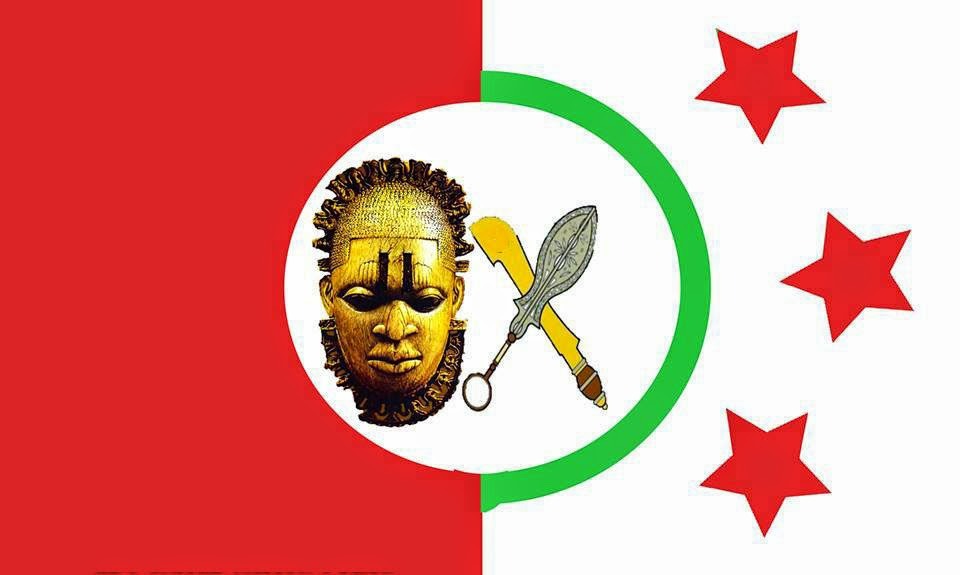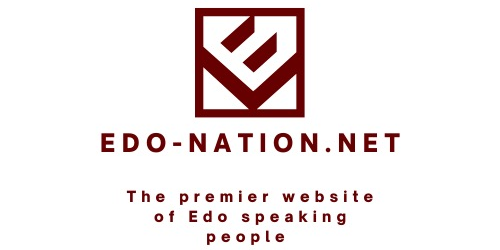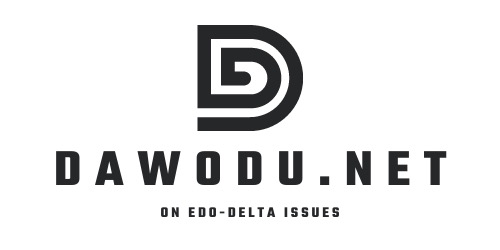Text of the remarks by General Ibrahim Badamasi Babangida at a public lecture to mark his 65th birthday in Abuja on August 14, 2006
When the organisers of this event intimated me of their plans, I was a bit hesitant. As most of you are aware, while I appreciate the spontaneous goodwill and kind wishes of friends and compatriots each year that Allah in his infinite mercy adds to my life, I have always preferred to observe each birthday without fanfare either in quiet reflection or in the warm company of family and immediate associates and friends. This is a matter of personal preference and a habitual refusal to convert the solemnity of what ought to be a private experience into an object of merrymaking and sometimes public nuisance.
However, they insisted that at least they would like to 'borrow' the imminence of my next birthday to do what academics and intellectuals do best- talk and expect to be listened to. If I totally turned down the gesture, I knew I would be doing a great disservice to a group of friends who I can safely suppose, are not yet politicians!
Knowing them as friends who could mean no major harm, I conceded to lend them this occasion because it offers us an opportunity to share our common commitment to a public purpose, namely the pursuit of the democratic ideal. I am delighted that they have not deviated from the original agreement.
The glory for this occasion belongs naturally to Allah who has given us life to approach yet another milestone in the journey of life. To Him belongs the gift of life and the bonus of longevity In being grateful to Allah, I feel a special sense of gratitude to all who are here gathered. I am aware that today being a Monday and the beginning of the week, many have shelved their various obligations to be present at this occasion. In some cases, some have travelled great distances to be here. For this, I am socially indebted and will remain grateful to you all. I am also aware that many more Nigerians would have liked to be present at this event but are hindered by reasons of a prior engagement or limitations of means. My family joins me in extending the warmth of our gratitude to all who wish us well even in their absence.
My sense of elation at this occasion is heightened by the fact that the presence of this august assembly is in spite of the fact that we have been out of public office for over 13 years. I have, however, been as it were, in 'private office', connecting with my roots, connecting with friends, family and compatriots. This other 'office' 1 must confess is far more rewarding, more instructive and more enduring. This is why I am humbled by the attendance at this occasion. I will take away from this gathering something that is priceless: the warmth of your collective friendship, the kindness of your wishes and the generosity of your sacrifice in honouring this invitation.
I acknowledge with gratitude the thoughtfulness of the organisers and their kind gesture. I am sure that more of my friends from across the length and breadth of our country would have liked to extend similar gestures or even entertained wishes for more elaborate observances. As most of you are aware, while I appreciate the spontaneous goodwill and kind wishes of friends and compatriots each year that Allah in His infinite mercy adds to my life, I have in recent years preferred to observe each birthday without fanfare either in quiet reflection or in the subdued company of family and immediate associates and friends.
While I have learnt to observe each birthday as a personal gift from Allah, it also affords me the opportunity for private introspection and reflections on matters of a public nature. These are reflections not only on one's personal journey through life but also the larger issues that define our existence especially in a national context. Out of the public office, 1 have found time to reflect on times past; on the roads taken and the paths not explored. I have taken a close look at the compass of our national horizon and come to definite conclusions about what needs to be done and my own place on the road ahead.
This lecture has the unique appeal of connecting what should be a private experience with a matter of critical public concern, namely, the overriding challenge of seeking ways of consolidating democracy by expanding its frontiers not only in our country but also in the rest of Africa. Interestingly, in both the advanced democracies of the West and the fledgling ones of the developing world, the issues that define the democratic ideal remain the subject of lively debate.
From Washington to London, from Beijing to New Delhi, from Melbourne to Pretoria, public discourse is perennially engaged with issues in the democratic evolution of these various nations. In a sense, therefore, the brilliant lecture that we have just listened to and the enlightening contributions from this distinguished audience form part of a global manifestation of a critical element of the democratic process, namely, the free expression of ideas.
However, while the major democracies are engaged with how to project democracy as an instrument of international power and global economic advantage, the 'new' democracies of Africa especially are faced with multiple challenges.
First, we are challenged to select and distill from the various models of democracy the form that is most appropriate to our various peculiar national circumstances. Second, we have to agree on the minimum expectations of the governed from those whom they empower with a popular mandate to rule over them. Third, those who assume the mandate of the people have to grapple with the imperatives of ensuring the stability and sometimes the survival of the very nation states they are elected to rule. Fourth, because the needs of our peoples remain basic and mostly existential, our new democracies are challenged to pursue strategies of economic development that sometimes violate some of the fundamental principles of democracy in a bid to deliver dividends quickly and to the greatest majority.
If there is any nation today that embodies these contradictory demands and mutually reinforcing imperatives in a very stark form, that nation is Nigeria. I believe the Nigerian experience with democracy in the last seven years especially has thrown up the major issues and problems of democratic transformation in present-day Africa.
Issues that had long been presumed resolved have once again come to the fore with greater clarity and compelling stridency. Minority rights are being expressed and pressed with increased militancy. Primordial cleavages have resurfaced and sometimes threaten the foundations of national cohesion. Faith and creed long-held as belonging in the realm of private experience have resurfaced to make public claims on the loyalty of citizens sometimes competing with loyalty to the state and constituted authority. Ideas and views long-suppressed and even held as taboo are now being openly canvassed as previously silent sections of the national community have found new voices and fresh impetus. Advancements in information technology and communication have provided the highway for the delivery and dissemination of new ideas and the sharing of experiences.
These developments must not dishearten genuine nationalists and democrats nor should they be construed as set backs in the journey to national self-actualisation. They are, on the contrary, healthy developments. In a multi-national state such as ours, they are the expression of our inherent diversity. These are experiences that unite us with the rest of the changing world and ought to remind us of the complexity of the task of forging a strong and viable nation.
The challenge which the vibrancy of democracy throws up is essentially that of national leadership. Because democracy remains essentially a process, it challenges the political leadership to be dynamic while remaining focused, to be responsive while being firm, to recognise past achievements while embarking on fresh initiatives.
Drawing from the vision of our founding fathers, the labours of our heroes past and the present travails of our compatriots, I am inspired by the enthusiasm and optimism of our youth. 1 also see the pain of dashed hopes, the agony of thwarted dreams and the regrets of expectations not met. Therefore, over and above the various prescriptive models for future leaders that are now being variously canvassed in the popular media, I would rather simply define the challenge of our immediate next national leadership like this: To make whole again. To that I am committed.
I have been privileged to be part of our journey so far. I live the experiences of the present from the vantage post of an ordinary citizen. As I have had cause to reiterate in recent times, we intend to lead the process of making Nigeria a more peaceful, united, prosperous, secure, orderly and law abiding nation. We must face the challenges of the free market together, leaving no one behind. We must see our diversity as a source of strength in the pursuit of a truly free society and a benevolent order.
Once again, I want to thank you all for honouring the invitation to be here even at very short notice. This has been a most exciting session and I am sure we all have become enriched by the views expressed at this lecture. I thank the guest lecturer for a most illuminating presentation and this distinguished audience for their kind attention. As we return to our various places of work and abode, I commit us all to the care of the Almighty Allah. I am sure our democracy will be enriched by the ideas that have been espoused today. God bless Nigeria and all that live within her borders.




